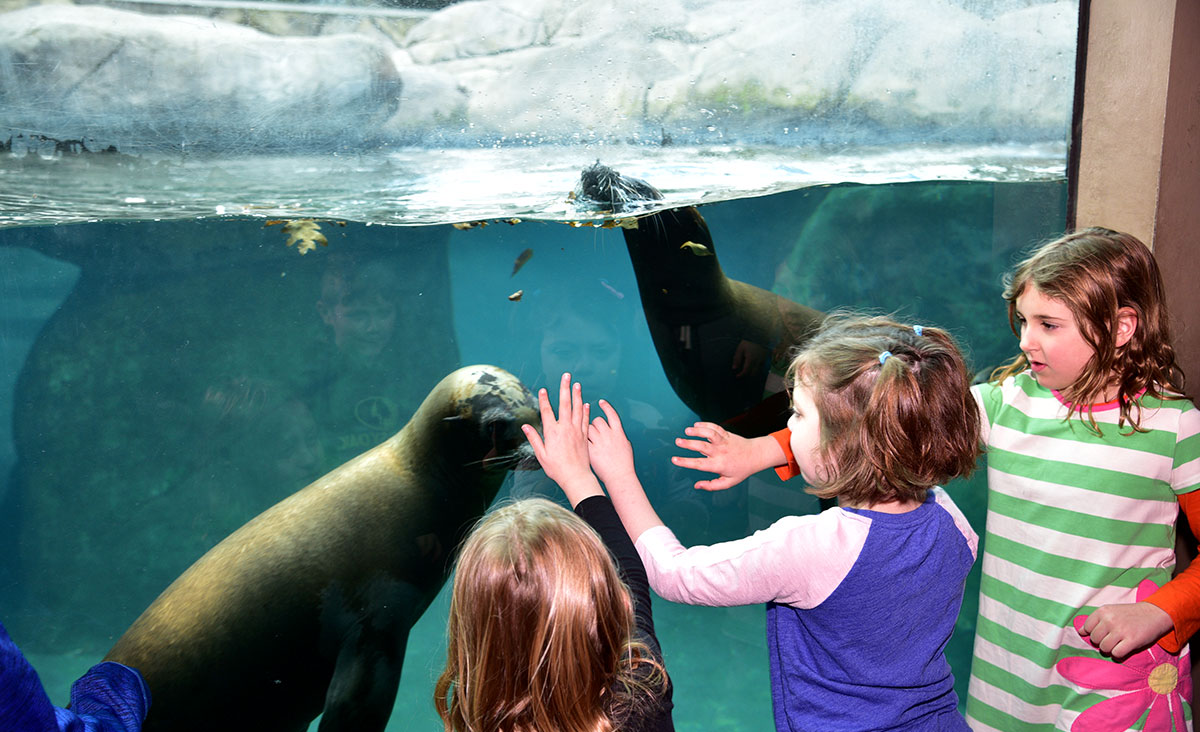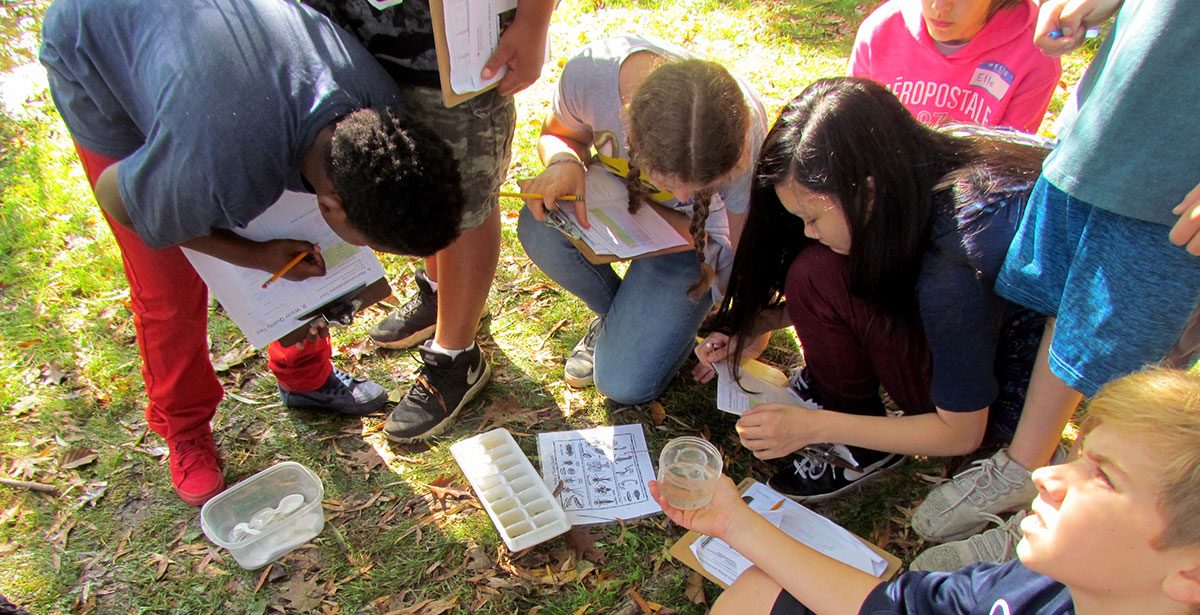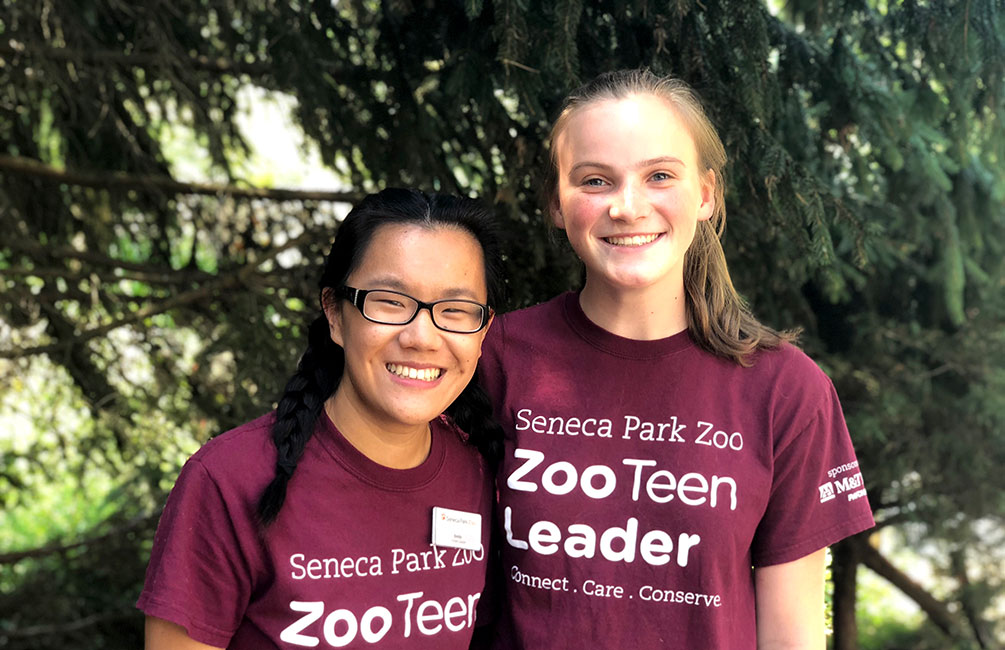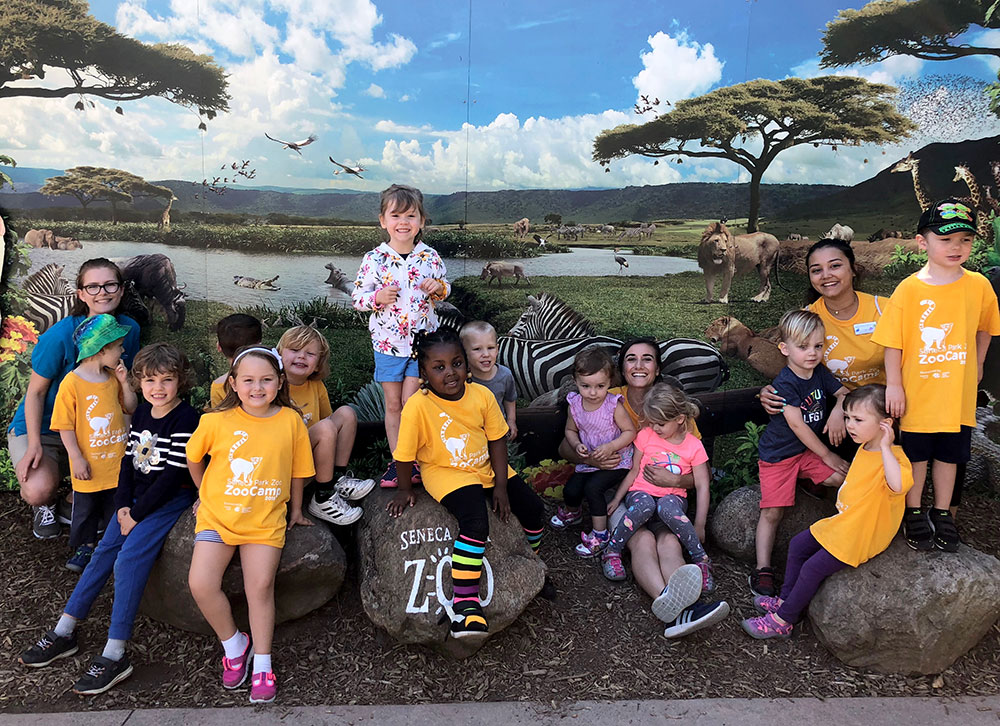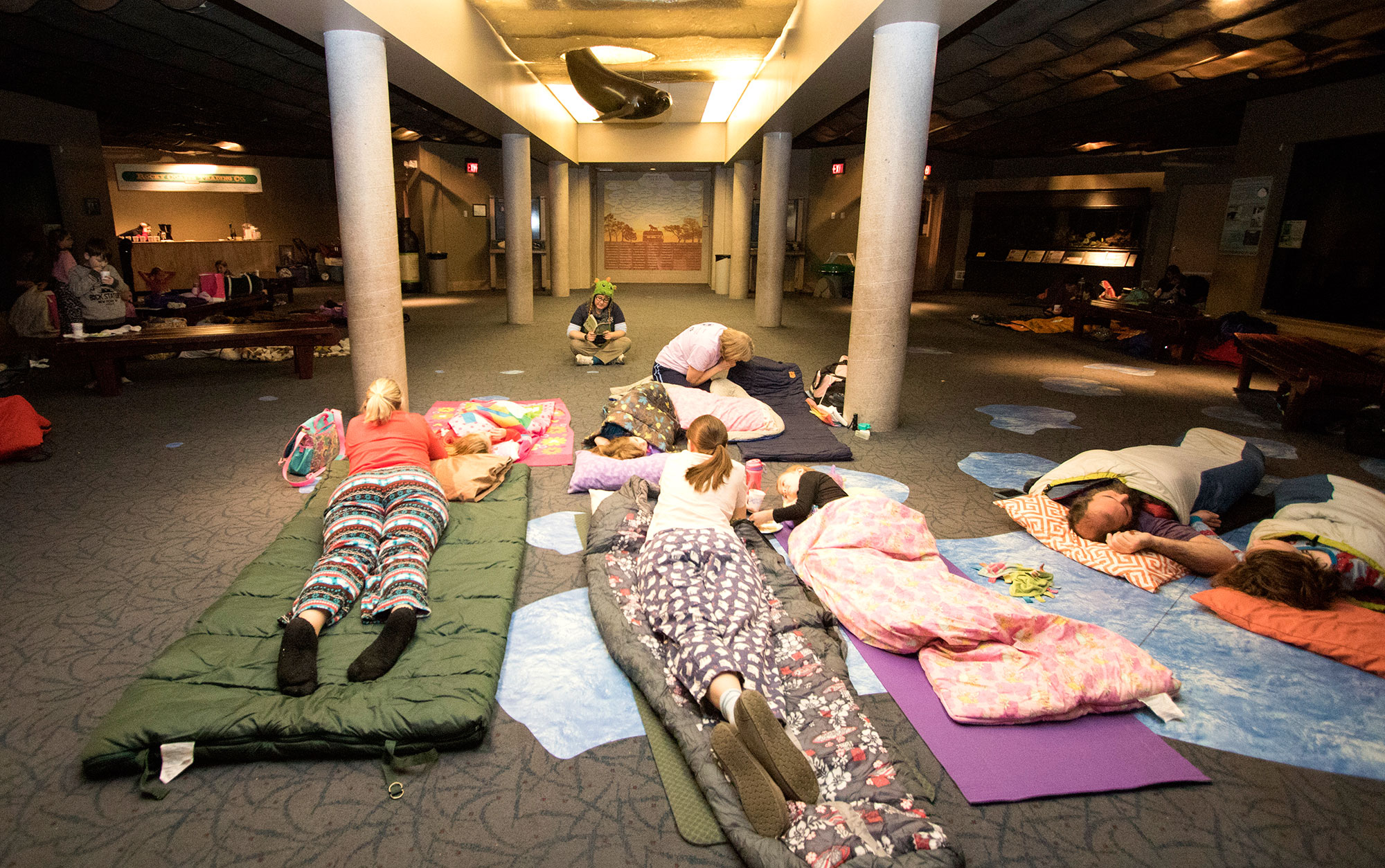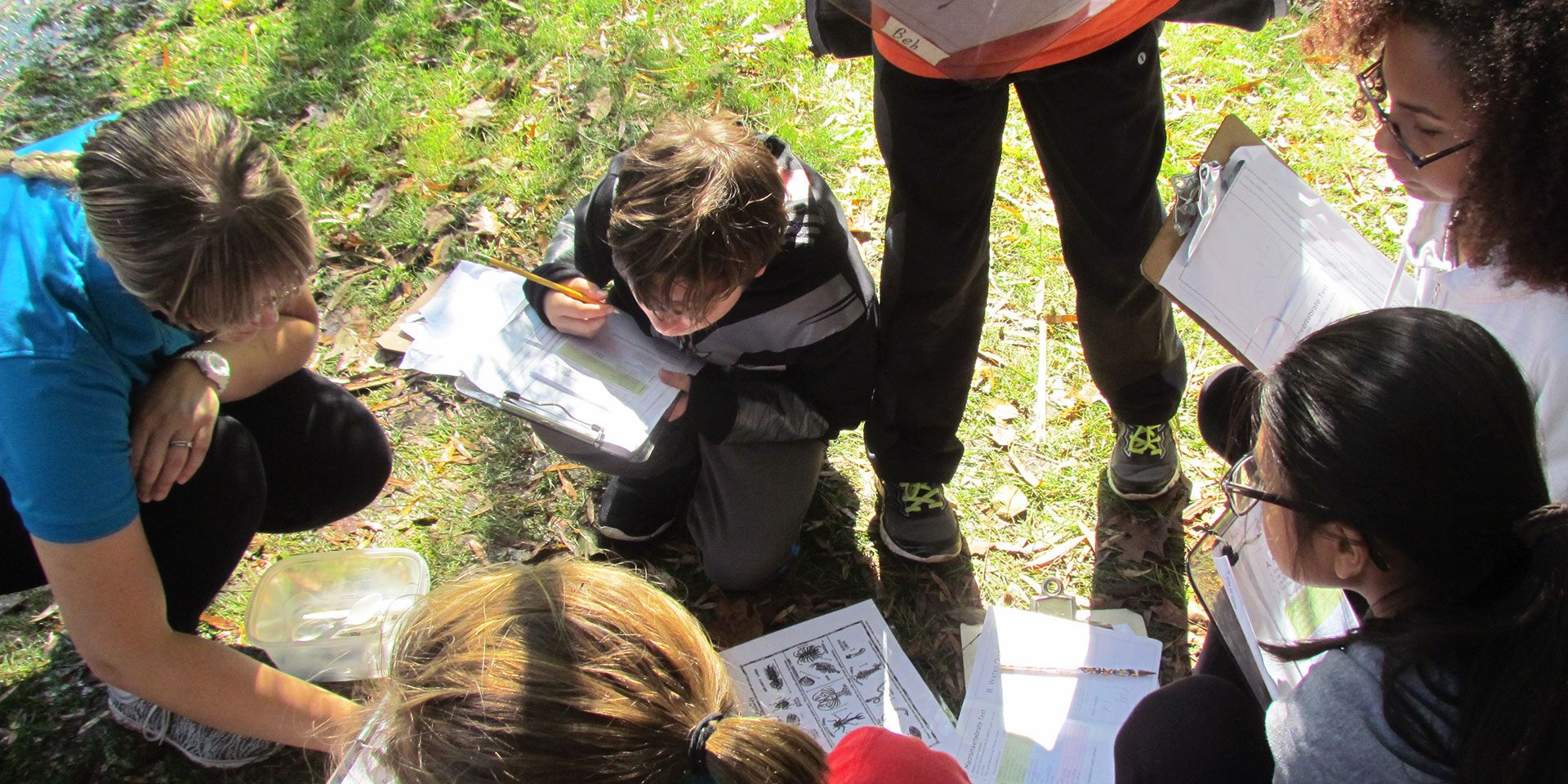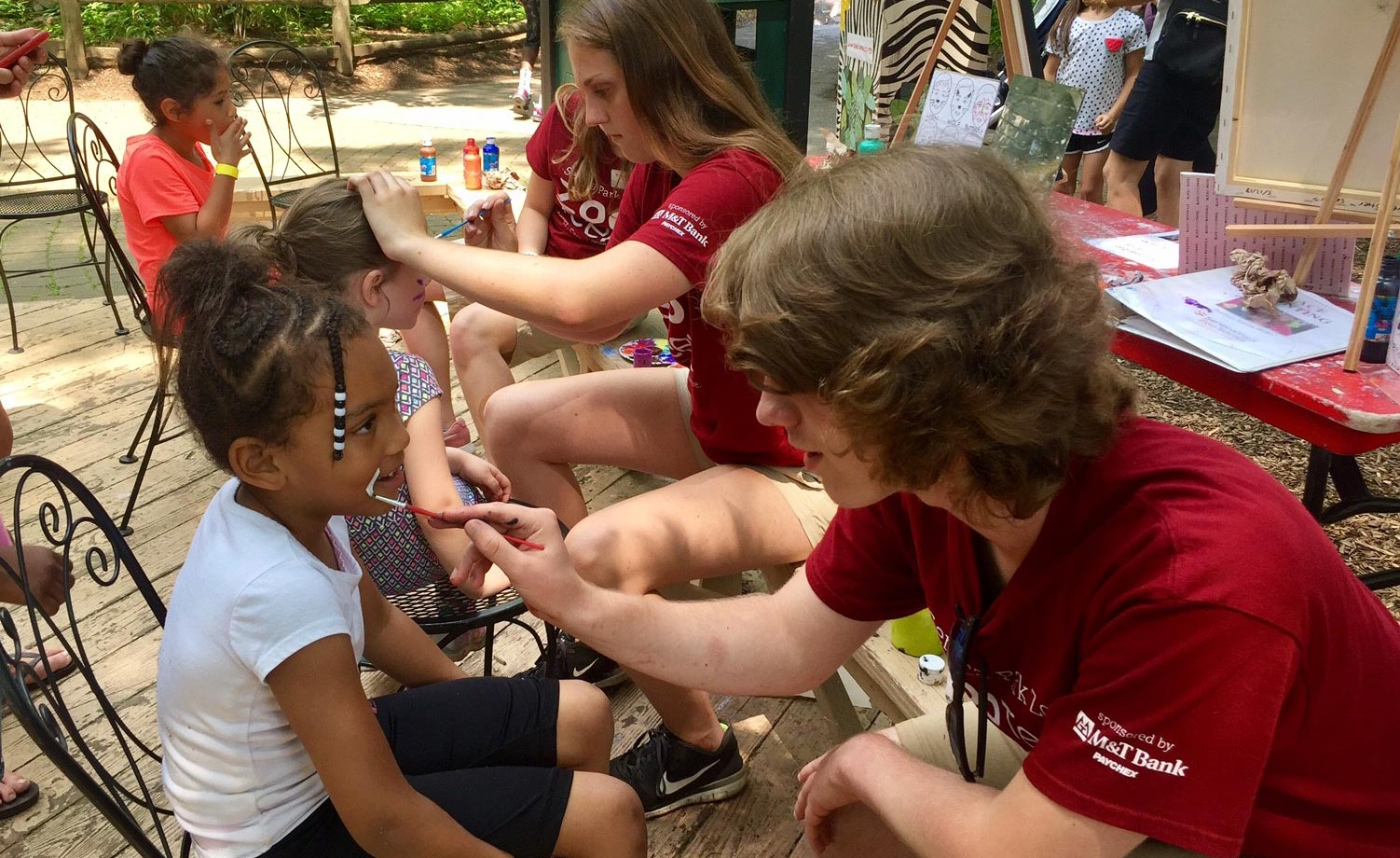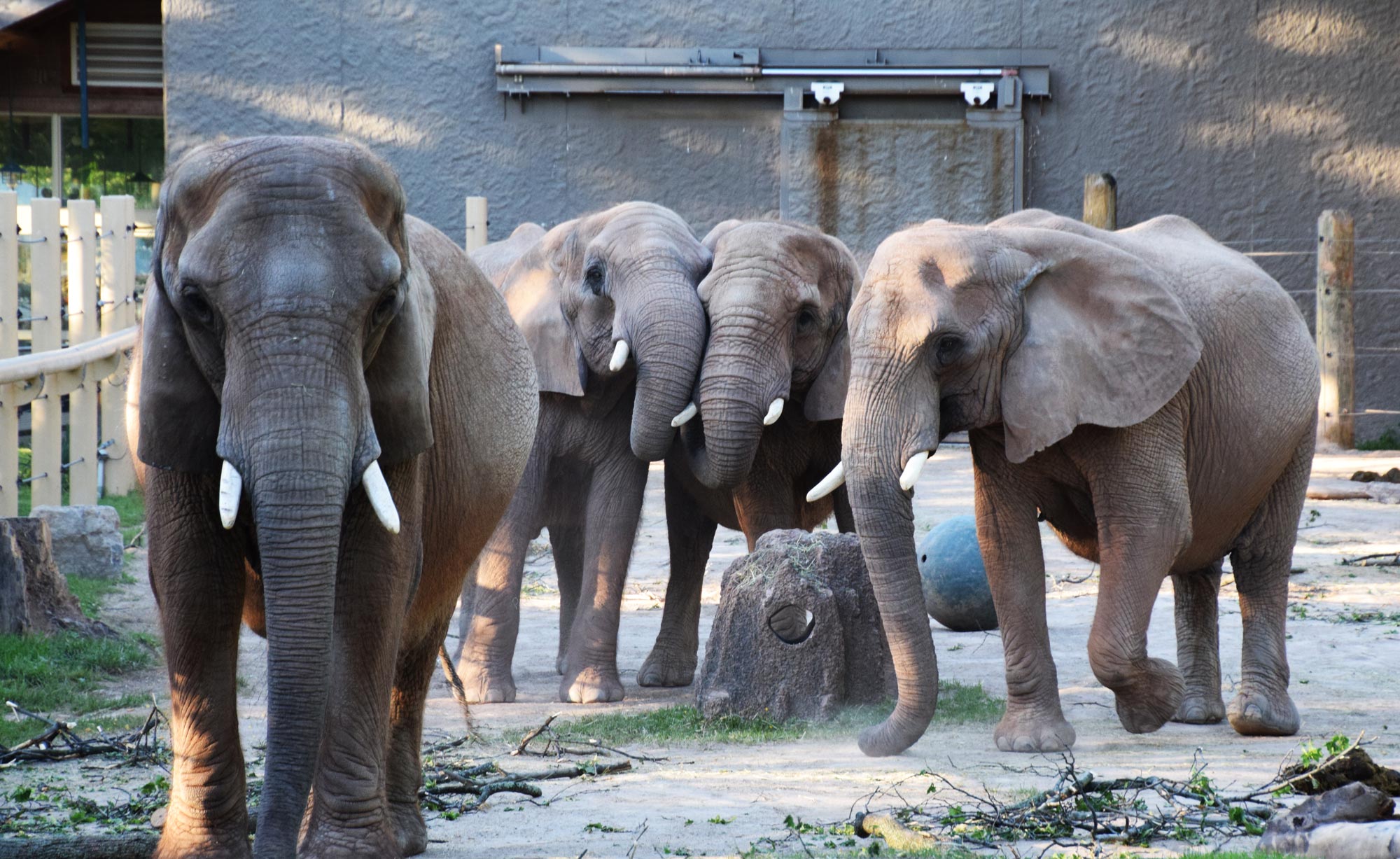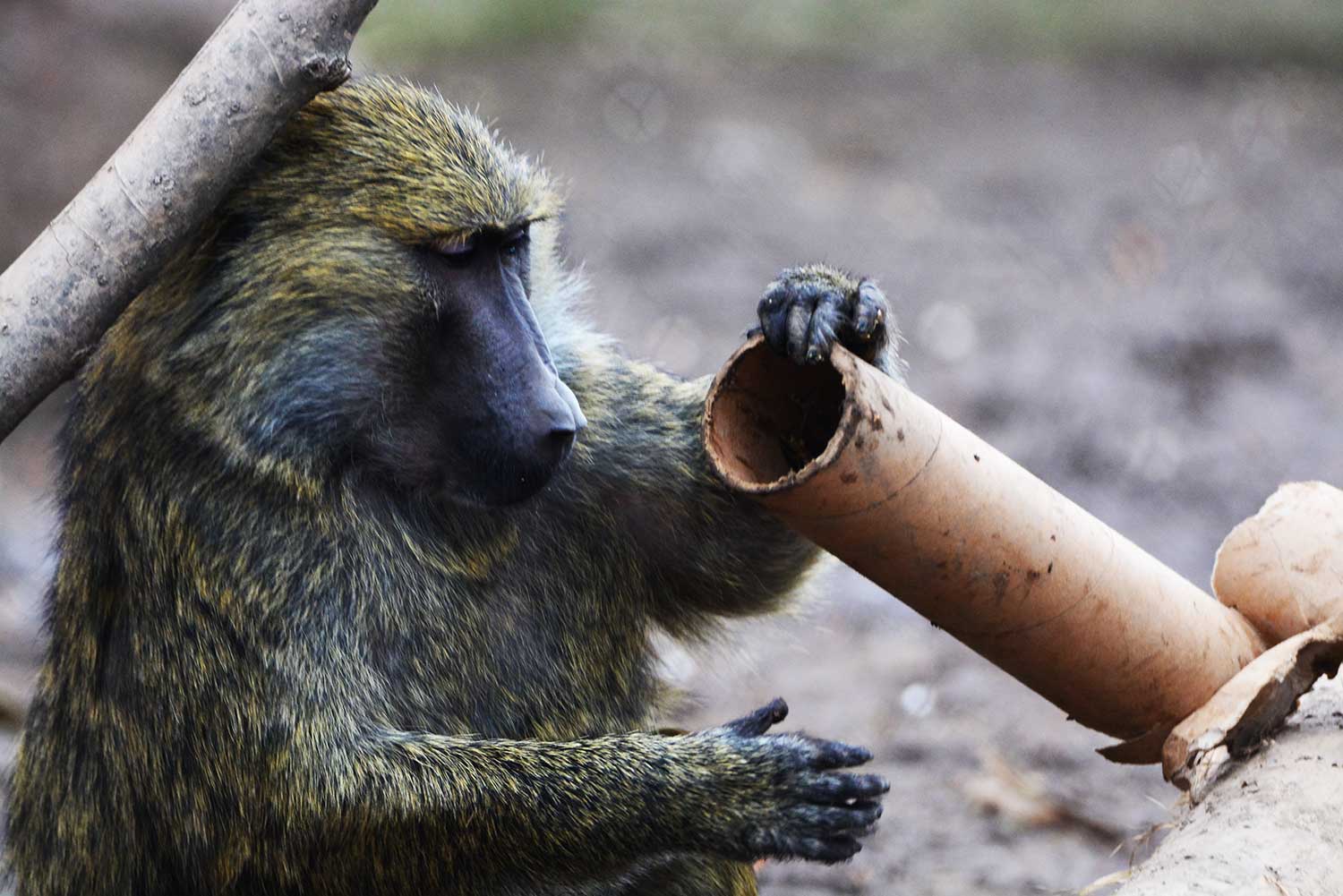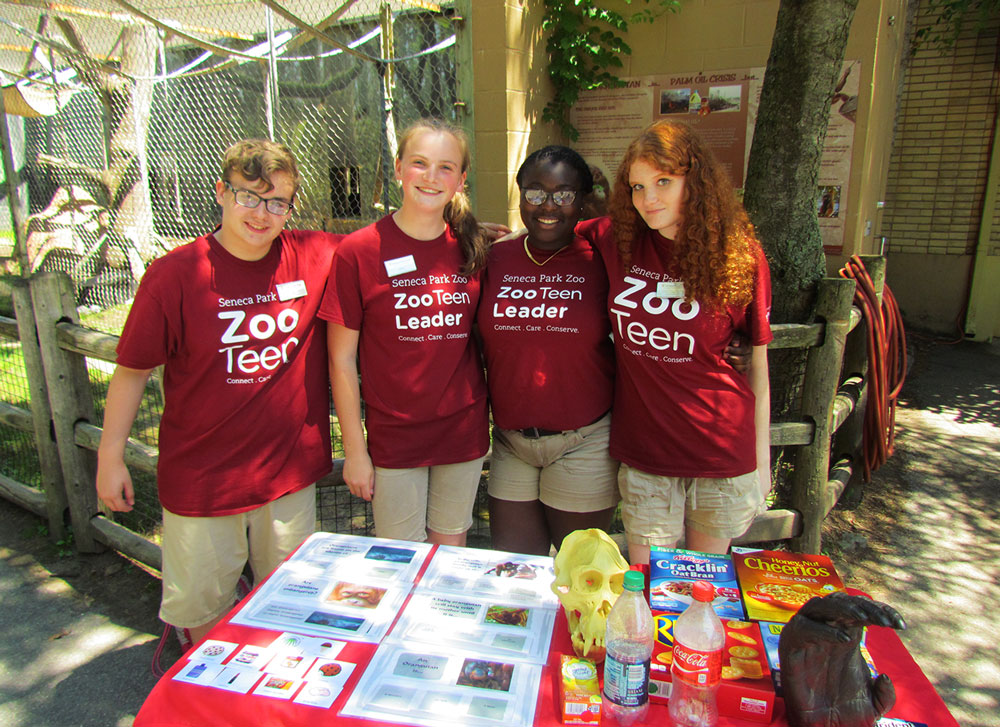March 12, 2019
At Seneca Park Zoo, we have a unique opportunity to teach because our subject matter is inherently fascinating. Animals provide a lens through which we can learn so much. We can learn about their behavior, senses, and diets. We can learn about their adaptations from nails to tails and everything in between. We can learn about the habitats they call home and the resources they need to survive. We can also learn about the threats they face in natural range and what we can do to help save them from extinction.The Zoo is one giant classroom, and during our Homeschool ZooClass series we take full advantage of that. To provide a deeper learning experience for the students, Homeschool ZooClass is offered one day a week over the course of four weeks. This spring, we’ll be studying the Web of Life in our 6-8-year-old class and Animal Classification in our 9-12-year-old class. In each class, we try to incorporate as many different learning styles as possible through educational games, crafts, animal artifacts, ambassador animals, and of course, observing animals at the Zoo. For many of the activities, we encourage teamwork and socialization with their peers. By observing animals and participating in expeditionary learning, students form a connection with the animals and care more about their counterparts living in natural range. This newfound thirst for knowledge about animals and habitats around the world is amazing to witness.It is with this passion and connection to the animals that the students approach their series-long creative projects. These creative projects are one of my favorite parts of the homeschool program because they’re individualized and allow for many different modes of learning. Students learn research and presentation skills and can include artwork, animal artifacts, or other visuals to help them. The students are also able to choose what animal, habitat, or conservation topic interests them most and research that as part of their series-long project.
With the Homeschool ZooClass series there is a lot of flexibility for us to tailor the program to whatever the students are most passionate about. Apart from the students being able to select their own project topic, there are opportunities to shift the focus of the class to better suit the students’ interests.
I love finding new ways to teach and learn at the Zoo, and I’m lucky to be able to share this passion with students of all ages. At the Zoo, we all have something to learn from these amazing ambassadors. If you’re unable to join us at our next Homeschool ZooClass this spring, be on the lookout for another four-class series in the fall!
– Tricia Chapman, Family Programs CoordinatorRegister for our next Homeschool ZooClass

